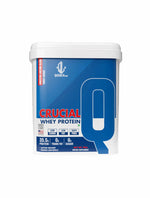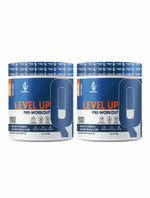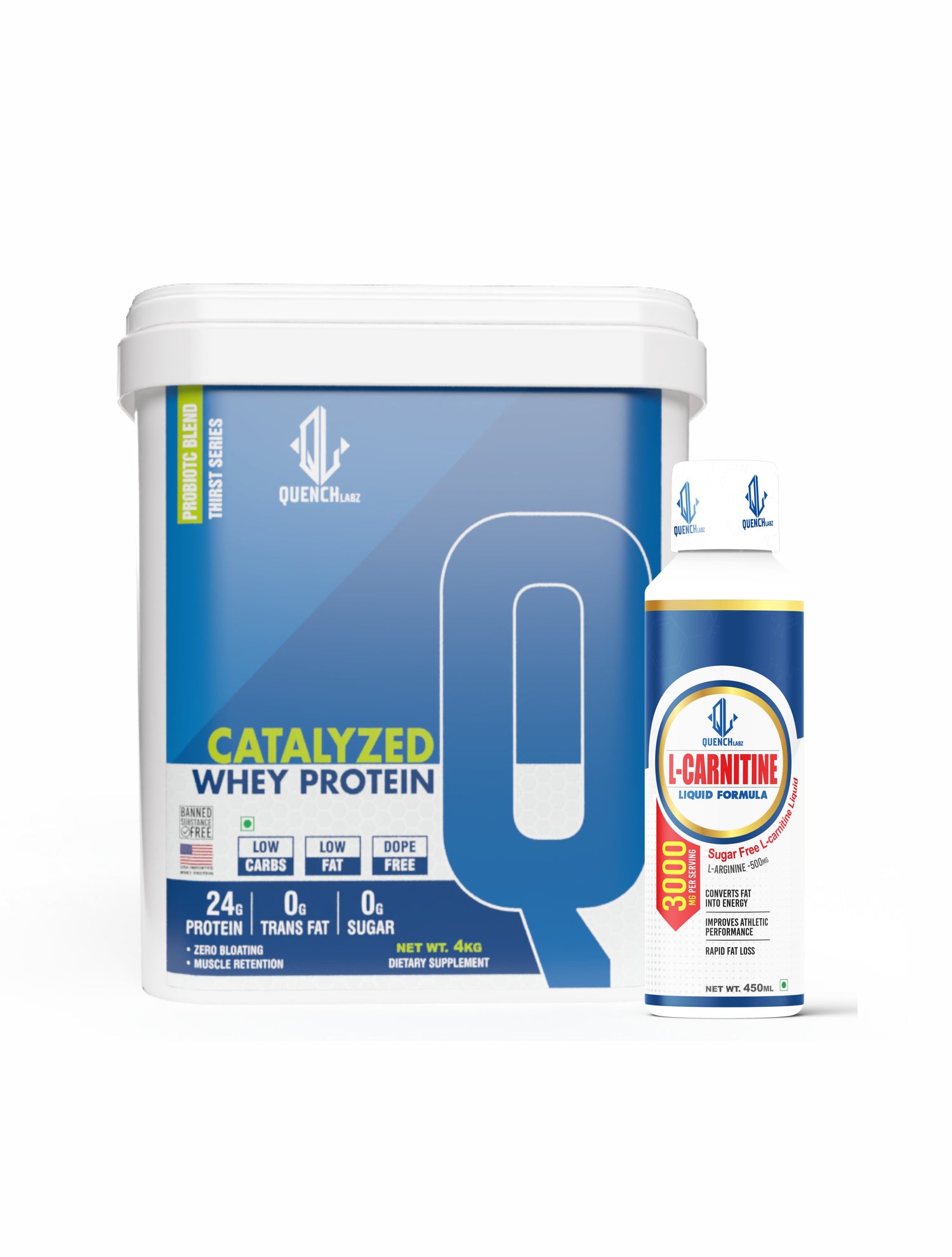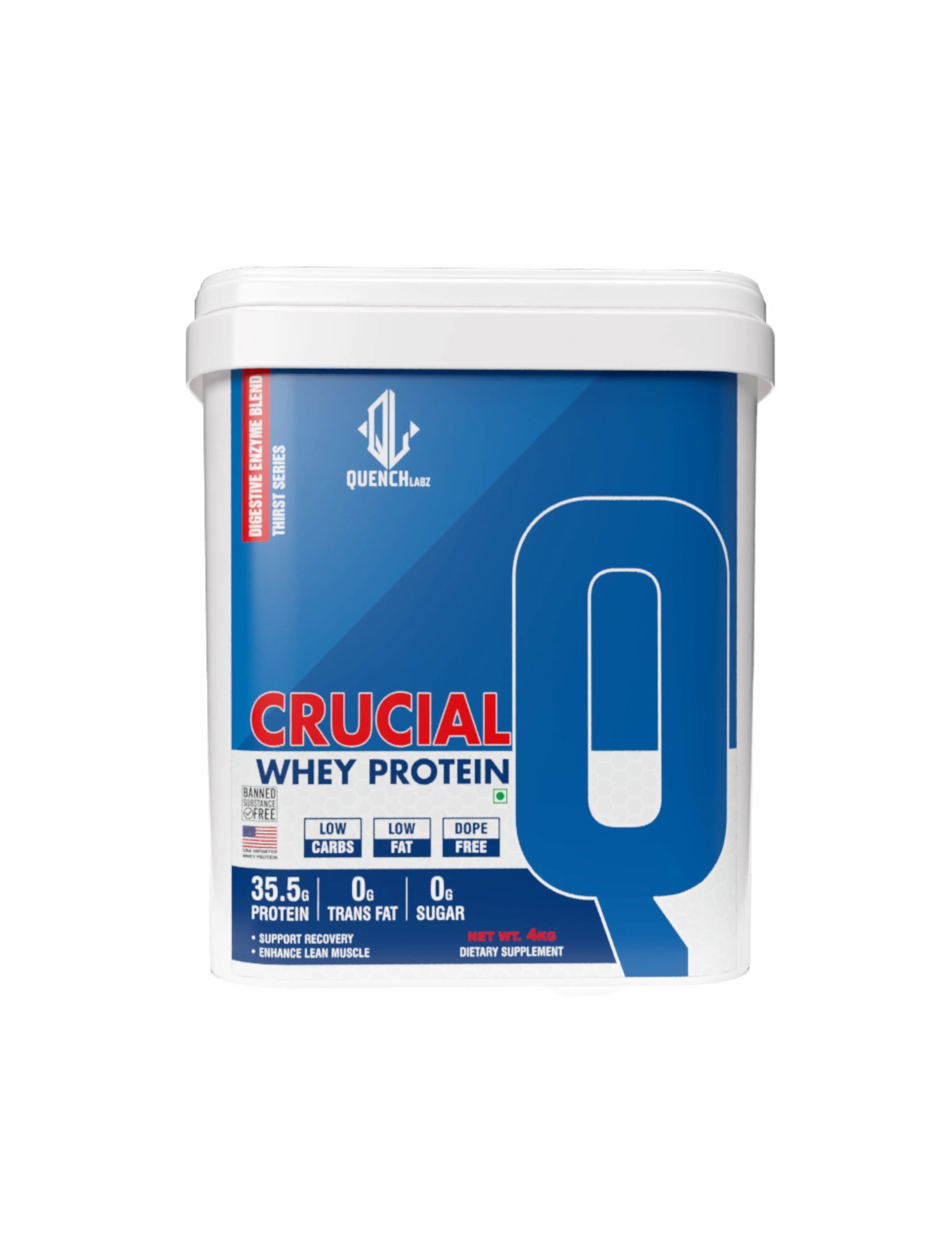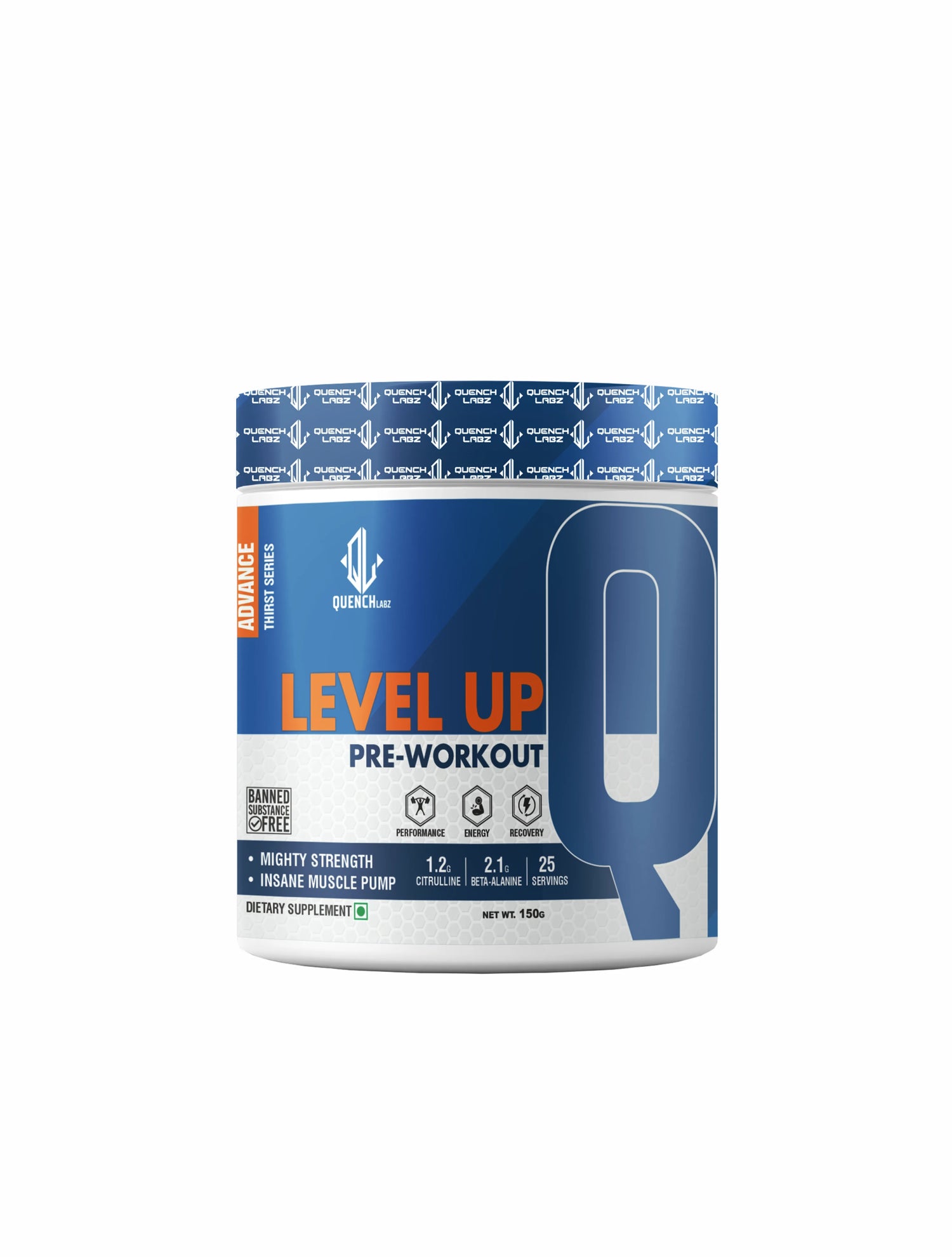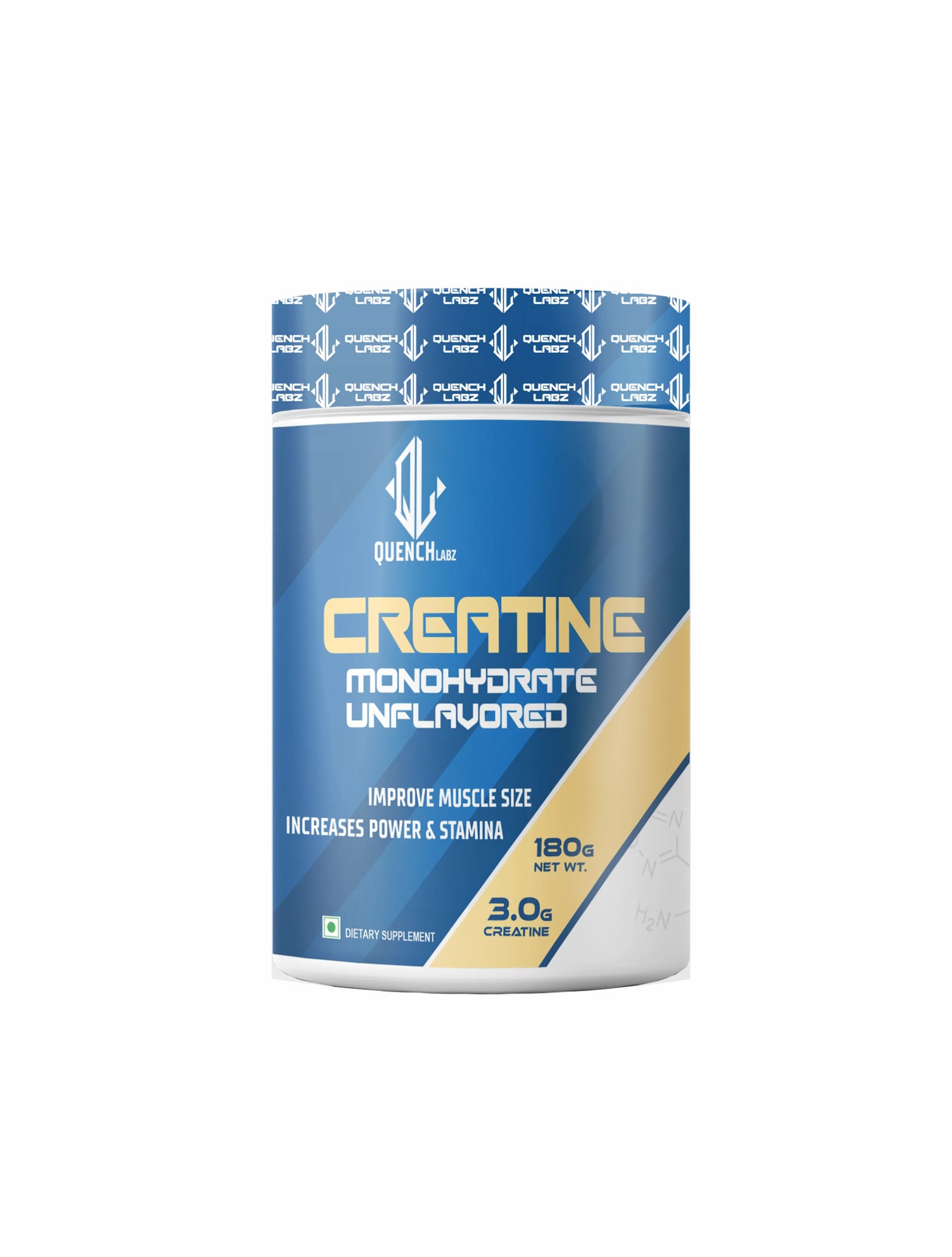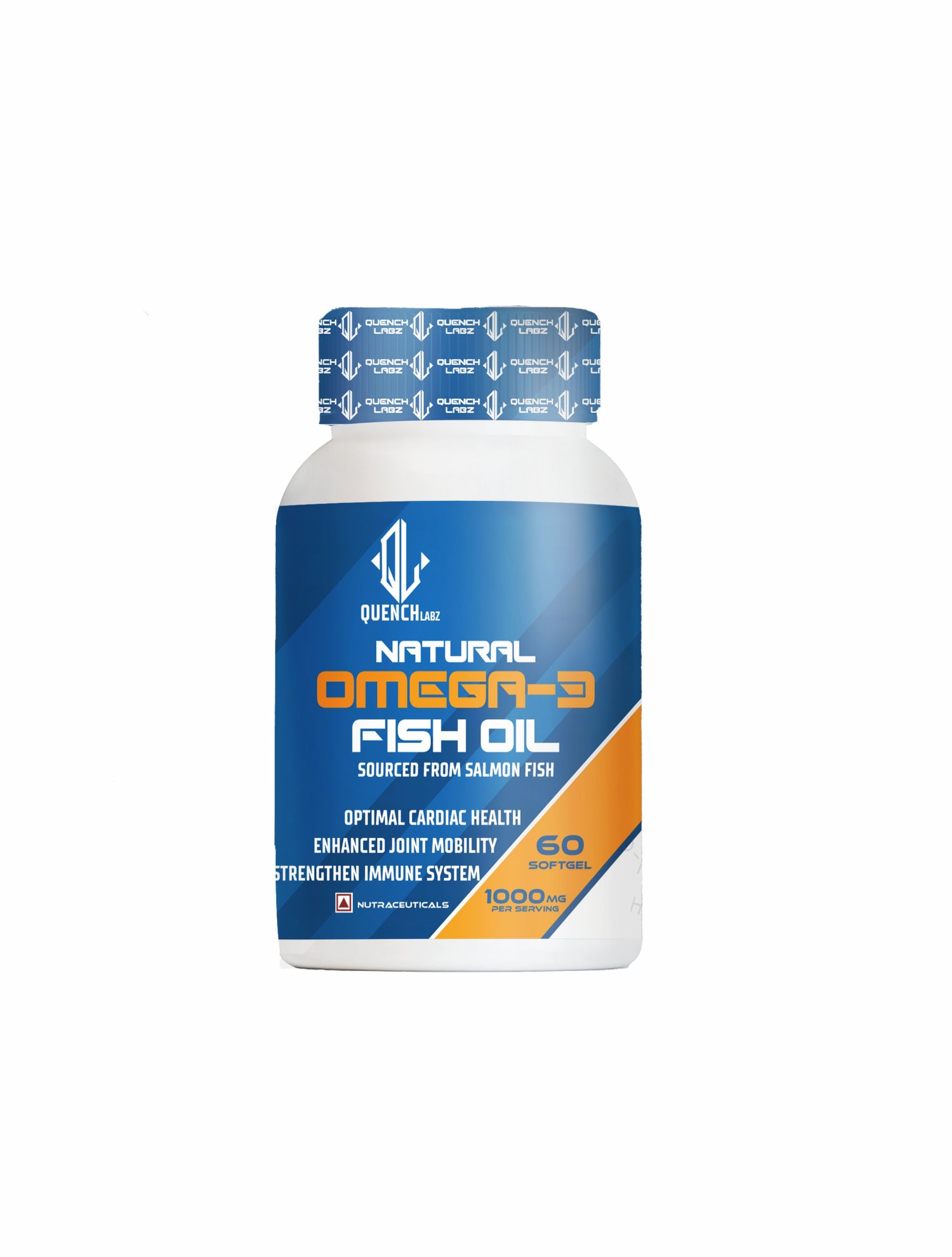For many women, the term whey protein is still associated with bodybuilders or professional athletes. But in reality, it’s just a high-quality source of protein that can support various fitness goals, including healthy weight gain. If you’ve been struggling to add lean muscle or simply want to achieve a more toned and strong physique, whey protein for women can be a game-changer.
In this guide, we’ll break down how whey protein helps with weight gain in females, the right way to use it, and the important things you should know before starting.
Why Women Struggle with Healthy Weight Gain
While weight loss gets more attention, many women actually find it difficult to gain weight in a healthy way. The most common challenges include:
-
Fast metabolism that burns calories quickly
-
Low appetite or busy schedules that lead to missed meals
-
Not consuming enough protein to support muscle growth
-
Relying on junk food for extra calories, which can lead to unhealthy fat gain rather than lean muscle
This is where whey protein for weight gain comes in — it provides a concentrated source of protein that’s easy to digest, convenient, and effective in helping you reach your calorie and nutrient goals.
What is Whey Protein and Why is it Good for Women?
Whey protein is a complete protein derived from milk during the cheese-making process. It contains all nine essential amino acids, especially branched-chain amino acids (BCAAs), which are crucial for muscle recovery and growth.
For women aiming for healthy weight gain, whey protein offers several benefits:
-
Muscle building support – Helps your body use the extra calories for lean muscle rather than storing it as fat.
-
Quick digestion – Perfect for post-workout recovery when your muscles need nutrients fast.
-
Nutrient density – High in protein without too much added sugar or unhealthy fat (when you choose the right product).
How Whey Protein Supports Weight Gain in Women
When combined with a calorie surplus and strength training, whey protein for women can:
-
Increase daily protein intake without overwhelming your appetite.
-
Improve muscle recovery so you can train harder and more often.
-
Support lean muscle mass gain, making your weight gain healthier and more sustainable.
-
Balance your macros, ensuring you’re not just eating more carbs and fats without enough protein.
Choosing the Best Whey Protein for Women’s Weight Gain
When shopping for whey protein, look for:
-
Whey protein concentrate or isolate – Concentrate is slightly higher in calories (good for weight gain), while isolate is purer and lower in carbs/fat.
-
Minimal added sugars – Avoid products with too many artificial sweeteners or fillers.
-
Added vitamins/minerals – Some whey proteins are fortified with calcium, iron, or vitamin D, which can support overall women’s health.
-
Good flavor – If it tastes good, you’re more likely to stick to your routine.
How to Take Whey Protein for Weight Gain
If your goal is to gain healthy weight, you’ll need to use whey protein alongside a calorie surplus and resistance training. Here are some tips:
-
Post-workout – Take whey protein within 30–45 minutes after your workout to maximize muscle recovery.
-
Between meals – Use it as a snack to add extra calories and protein.
-
In smoothies – Blend with milk, peanut butter, oats, and banana for a calorie-rich shake.
A Sample Day of Using Whey Protein for Women’s Weight Gain
-
Morning – Breakfast with eggs, whole-grain toast, and a whey protein smoothie.
-
Mid-morning – Greek yogurt with fruits and a scoop of whey protein mixed in.
-
Post-workout – Whey protein shake with milk.
-
Evening snack – Oatmeal with whey protein, nuts, and honey.
Common Myths About Whey Protein for Women
Myth 1: Whey protein will make you bulky.
Fact: Women do not have the same testosterone levels as men, so whey protein supports lean muscle gain, not excessive bulk.
Myth 2: Whey protein is only for athletes.
Fact: It’s simply a protein source. Whether you’re a student, a working professional, or a mom, whey protein can fit into your diet.
Myth 3: Whey protein is unhealthy.
Fact: When chosen from a reputable brand, whey protein is as safe as other protein-rich foods like chicken or eggs.
Possible Side Effects and How to Avoid Them
While whey protein is generally safe, here are a few things to keep in mind:
-
If you’re lactose intolerant, choose whey protein isolate as it has less lactose.
-
Avoid over-consuming; stick to 1–2 scoops a day unless guided by a nutritionist.
-
Stay hydrated, as high protein intake increases water needs.
Frequently Asked Quetions:
1. Is whey protein safe for women?
Yes. Whey protein is safe for women when consumed in recommended amounts and paired with a balanced diet and exercise.
2. Can whey protein make women gain fat?
Not directly. Whey protein helps build lean muscle, but if you consume more calories than your body needs without exercise, you may gain fat.
3. How much whey protein should a woman take daily for weight gain?
Typically, 1–2 scoops (20–40g) per day, depending on your protein needs and diet, is enough.
4. Is whey protein better with milk or water for weight gain?
Milk adds extra calories and nutrients, making it better for weight gain compared to water.
5. Can women use whey protein without going to the gym?
Yes, but for healthy weight gain and toning, pairing whey protein with strength training is ideal.
Final Thoughts
Whey protein for women’s weight gain is not a magic powder, but when paired with the right nutrition and exercise plan, it can make the process much easier and healthier. Think of it as a tool — one that helps you get the protein your body needs without the hassle of eating massive amounts of food every day.
If you’re starting your journey, choose a high-quality whey protein, be consistent with your intake, and focus on strength training. Over time, you’ll notice not just an increase in weight, but also in strength, energy, and confidence.


